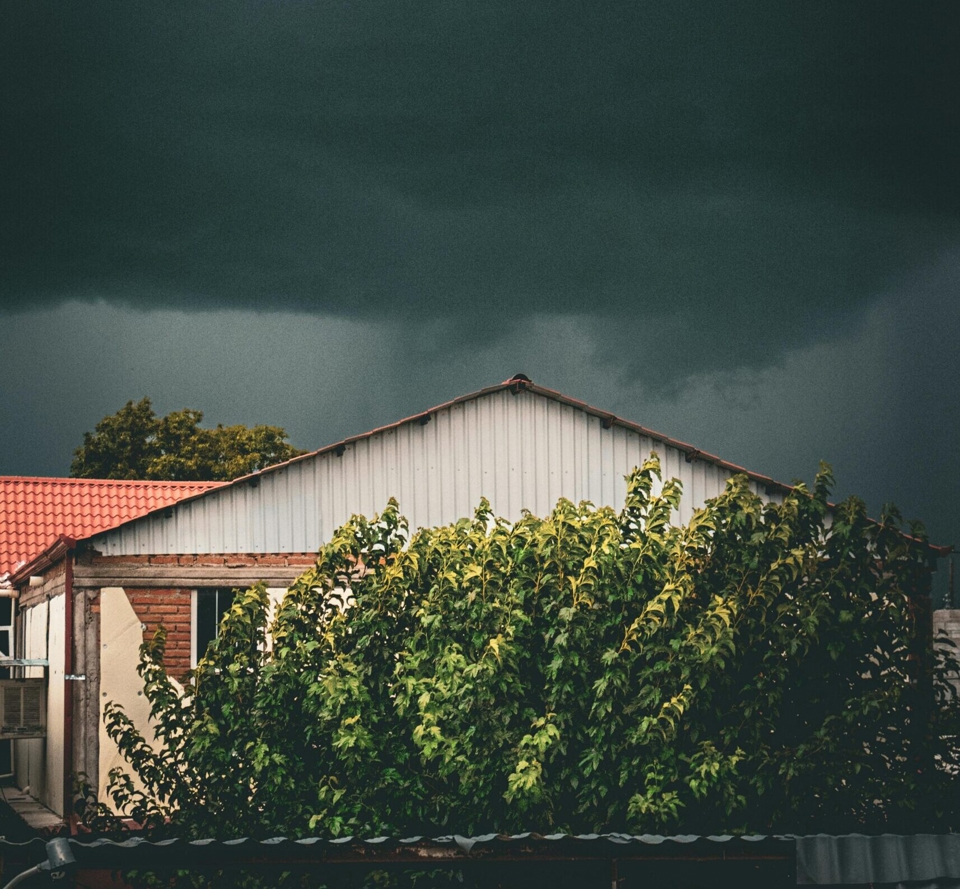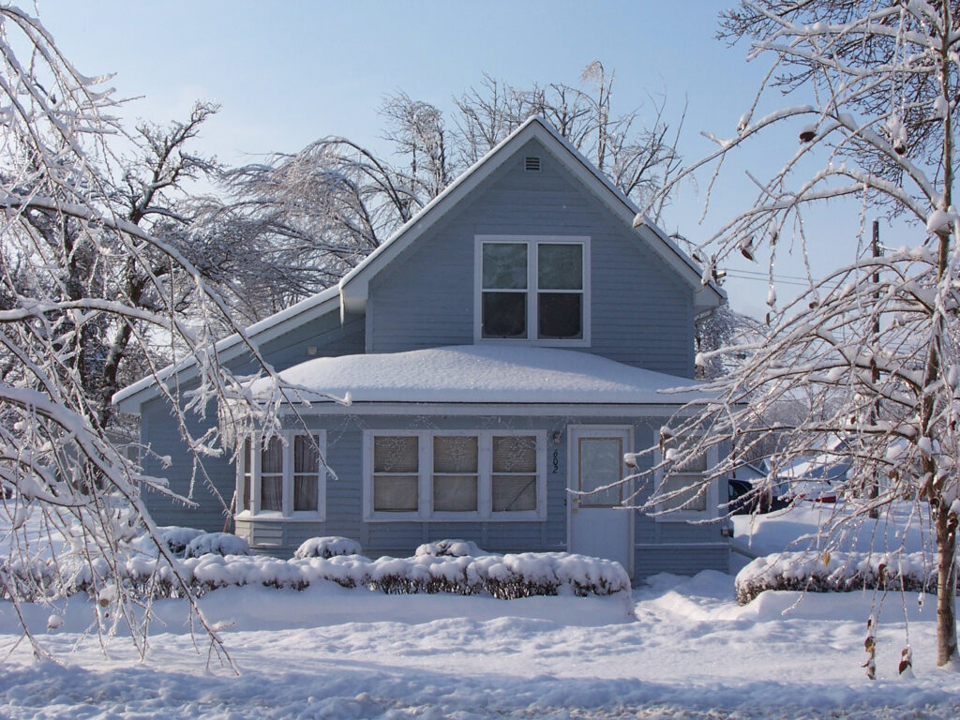When you get a new roof, you should take the time to ensure that you’re protecting your investment with a roofing warranty that will cover repairs and replacements if something goes wrong. There are several different types of warranties you may encounter when working with roofing companies, and most fall into two main categories—manufacturer warranties and contractor warranties.
Manufacturer Warranties
The most common type of roofing warranty is a standard manufacturer’s warranty that covers the cost of defective materials for the first few years after installation. The protection may be prorated, meaning that the amount of coverage you have decreases over time. It’s also unlikely to cover workmanship or labor; for instance, if your roofers install your shingles poorly, the warranty is unlikely to pay for future damage, and they won’t pay for workers to repair your roof or to dispose of your old shingles if you make a replacement.
An extended manufacturer’s warranty typically provides long-term repair and replacement coverage for your roofing materials and underlayment. In general, these warranties give you well-rounded but incomplete coverage against unexpected mishaps. Some, but not all, extended warranties will also cover the labor costs of repairing your roof due to installation errors or defects, but they may exclude coverage for materials like fasteners, fastening, and wood decking.
If your shingle, tile, or metal roofing breaks down or fails within 20 to 50 years, an extended warranty will pay for new roofing. The durability of your roofing materials can also affect the duration of your warranty; coverage for clay tile, metal, and slate roofs is likely to outlast coverage for asphalt shingles.
Extended manufacturer’s warranties typically cost more than standard warranties because they last longer and provide broader coverage. Depending on how your warranty is structured, you may still have some out-of-pocket costs for your roof repairs. Always read your warranty carefully to be sure you understand its terms.
Contractor Warranties
Roofing contractor warranties are offered by the contractor that installs your roof. They typically complement manufacturers’ warranties by covering the workmanship and materials used during the installation, which affects the performance and longevity of the roof. If poor installation techniques and faulty workmanship cause problems like leaks, loose panels, loose shingles or tiles, or deteriorating insulation, your contractor’s warranty should cover the replacements you need at no cost to you.
Variations in Warranties
Roofing warranties can have very different coverage limits and terms. It’s important to understand what’s covered and for how long, what’s excluded, what actions might void the warranty, and whether it’s prorated. You also need to know whether the warranty will cover materials, workmanship, and storm damage.
Most roofing warranties will explicitly detail inclusions and exclusions in coverage by listing the materials that the manufacturer will repair and replace and the types of incidents that qualify for payment. Exclusions could include problems caused by unauthorized modifications, water damage due to poor drainage or extreme weather, inadequate maintenance, intentional misuse, or vandalism. Some warranties will not cover fire damage, and others will only provide coverage to the original owner of the roof.
If you’re getting a contractor’s warranty, check their track record; reputable contractors often provide high-value warranties to back their work. A labor-only warranty might only cover minor repair costs for a limited period after installation while lifetime warranties might cover the total cost of labor and material needed to repair problems caused by human error during installation.
What Actions Can Void a Roofing Warranty?
As a homeowner, you would never want to submit a claim only to discover that you voided your roofing warranty and you’re on the hook for the entire replacement cost. A few actions that could cause you to void your warranty include:
• Improper installation
• Improper certification or authorization
• Inadequate attic ventilation
• Improperly insulating your attic
• Installing skylights
• Installing a new roof over an old roof
• Installing satellite dishes and antennas
• Pressure washing your roof
Every homeowner wants to know that they’re covered if problems crop up with their roof. Remember that your warranty is a type of insurance, and you must understand its terms if you need to submit a claim. If you need clarification about coverage, ask your roofer to explain the fine print and make sure you feel comfortable moving forward before you start your project.
Protect Your Investment With a Comprehensive Roof Replacement Warranty
When it comes to safeguarding your roof, investing in quality roof replacement warranties can give you peace of mind. Brax Roofing is proud to provide expert roofing services, including installation, repair, and replacement, to homeowners in Vienna, VA. If you’re looking to replace your roof and you have questions about roofing warranties, our expert roofers can help. To schedule a free consultation, call our office today!






